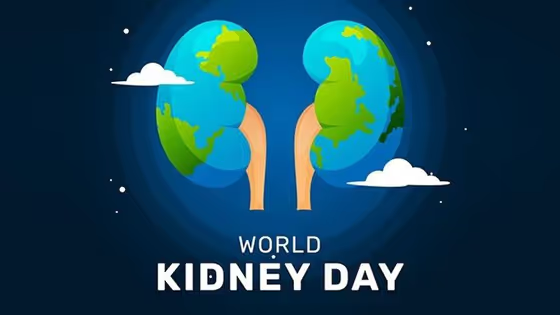
World Kidney Day: Why more men should come forward as donors
On World Kidney Day, attention is drawn to the significant gender disparity in living kidney donations, with over 70% of donors being women. Various factors contribute to this gap, including economic pressures, health concerns, and societal norms
On World Kidney Day, the spotlight shines on the altruistic act of kidney donation, revealing a significant gender disparity in living kidney donors. Studies globally indicate that over 70% of living kidney donors are women, highlighting a trend where men are less likely to step forward for this life-saving procedure.

Despite being traditionally viewed as pillars of strength, men are underrepresented in the realm of live kidney donation. Various factors contribute to this gender gap, including economic pressures, health concerns, and societal norms.
Dr Deepak Jayaprakash Kaddu, Consultant for Urology, Robotic Surgery, and Renal Transplantation at Manipal Hospital Whitefield, Bengaluru, sheds light on the reasons behind this disparity and aims to raise awareness and dispel fears surrounding kidney donation among men.
Key Concerns Identified:
- Fear of loss of income: Many men are primary earners in households, leading to apprehensions about financial stability during the recovery period post-donation.
- Health conditions: Coexisting medical issues like hypertension and diabetes may disqualify men from becoming potential donors.
- Pregnancy-induced sensitization: Women may develop heightened immune responses during pregnancy, increasing rejection rates for spousal donations.
- Willingness to donate: Women exhibit a greater propensity for volunteerism and donation, contributing to the gender gap.
- Fear of complications: Men may harbour concerns about surgical risks, including kidney failure, infertility, and physical disfigurement.
Dr Kaddu emphasizes the importance of raising awareness and addressing these fears to encourage more men to consider living kidney donation. By fostering dialogue and education, we aim to bridge the gender gap in kidney donation and save lives.